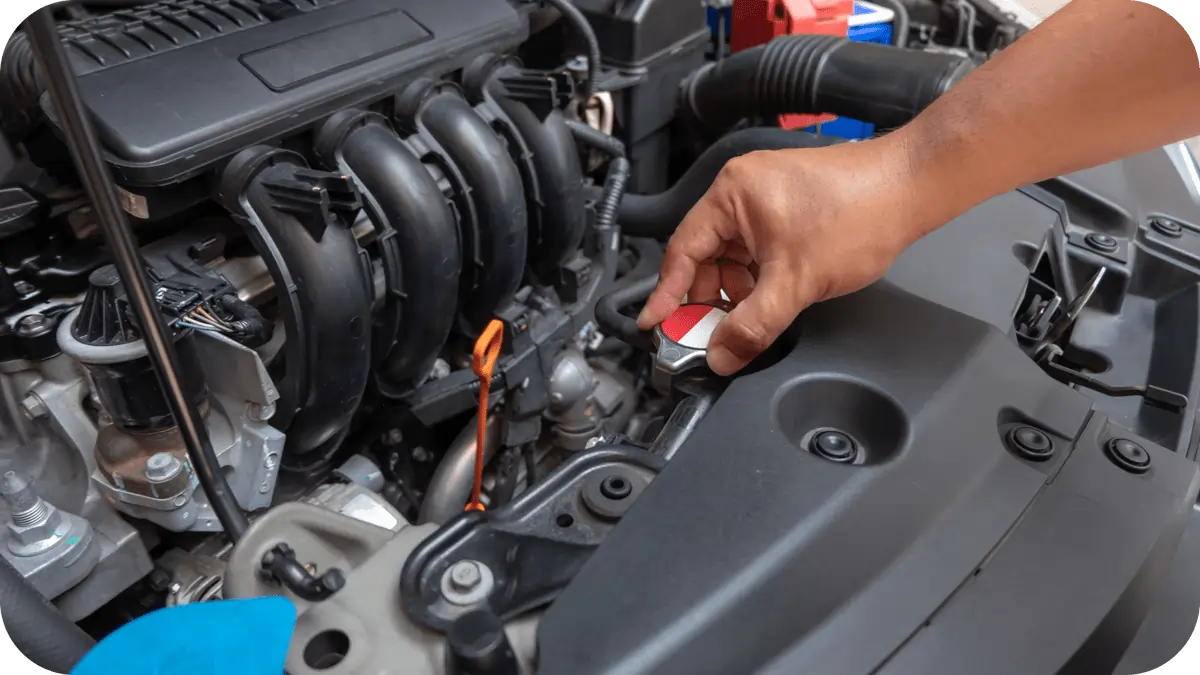In the United Arab Emirates (UAE), where the automotive culture thrives and residents take great pride in their vehicles, car modifications have become increasingly popular. Whether it's enhancing performance, improving aesthetics, or adapting to the challenging climate conditions, car enthusiasts often seek to personalize their rides. However, it's essential to understand that these modifications can significantly affect your car insurance premiums, both positively and negatively. Let’s take a look at how:
Positive Impacts of Car Modifications on Insurance Premiums
Enhanced Safety Features
Installing safety modifications like reinforced bumpers, roll cages, or advanced braking systems can reduce the risk of accidents. Insurers often offer discounts for vehicles equipped with additional safety features, leading to lower premiums.
Anti-Theft Devices
Outfitting your car with state-of-the-art security systems, such as GPS tracking, immobilizers, and alarms, can make your vehicle less prone to theft. Insurance providers may offer reduced premiums for cars equipped with anti-theft technology.
Improved Handling and Control
Upgrading your suspension or tires for better grip and handling can enhance your vehicle's overall safety, reducing the likelihood of accidents. This can potentially translate into lower insurance premiums.
Fuel Efficiency Modifications
Modifications aimed at improving fuel efficiency, such as engine tuning or aerodynamic enhancements, not only save you money at the pump but may also lead to reduced insurance costs.
GCC Modifications for Climate Adaptation
For vehicles in the UAE, modifications that cater to the extreme weather conditions, such as sand-resistant air filters or improved cooling systems, can be viewed favorably by insurers, potentially resulting in lower premiums.
Negative Impacts of Car Modifications on Insurance Premiums
Increased Risk
Modifications that boost your vehicle's speed or horsepower can increase the likelihood of accidents. Insurers may charge higher premiums for high-performance modifications due to the heightened risk associated with these changes.
Non-Compliance with Regulations
Some modifications may not comply with UAE regulations or safety standards, leading to increased insurance costs. Non-GCC vehicle modifications generally are not aligned with the local requirements, potentially raising red flags with insurers.
Costly Repairs
Specialized or exotic modifications can result in more expensive repairs in case of accidents. Insurance providers may charge higher premiums to account for the elevated repair costs.
Diminished Resale Value
Extensive modifications can lower the resale value of your vehicle. Insurers may consider this reduced value when determining premiums, potentially increasing them to compensate for the diminished worth.
Exclusion of Modified Parts
Some insurance policies may exclude coverage for aftermarket modifications. In the event of damage to these non-standard parts, you may need to bear the repair costs yourself.
Conclusion
Modifying a car in the UAE can have a substantial impact on insurance premiums, both positively and negatively. Safety and security enhancements can often lead to discounts, while high-performance or non-compliant modifications may result in increased costs. It is crucial for car owners to carefully consider the implications of these modifications on their insurance coverage and costs.
When contemplating vehicle modifications, it's advisable to consult with your insurance provider to understand how each specific change will affect your premiums. Additionally, adhering to local regulations and safety standards is essential to avoid potential insurance issues. Balancing your passion for customizing your vehicle with the impact on your insurance can help you enjoy your modified ride while maintaining financial security on the UAE's roads.

